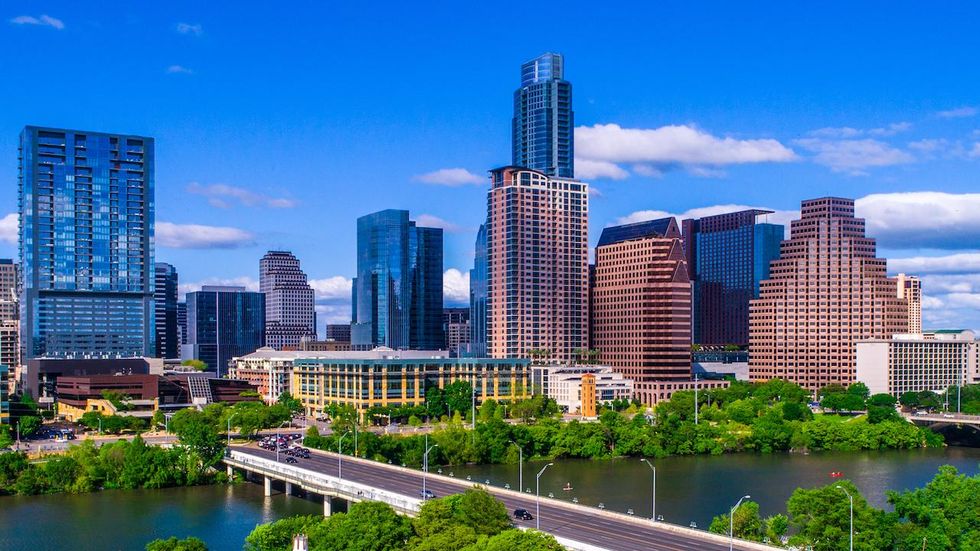Texas' capital city recently approved two "anti-sanctuary" resolutions and declared itself as the state's first "freedom city," the Austin American-Statesman reported. The move is meant to reduce minority arrests and deportations of illegal immigrants.
Austin was among the first of several cities, including Dallas, Houston, and El Paso, to challenge the state's Senate Bill 4, which requires police to cooperate with federal requests from immigration agents, regarding jail inmates suspected of being in the country illegally, and also allows officers to ask the immigration status of anyone who's detained or arrested by local authorities.
Senate Bill 4 was passed in May 2017 and remains in effect while the legal case against it continues.
The Austin City Council passed the pair of resolutions last Thursday.
What are the resolutions?
One of the measures restricts officers from asking the status of immigrants without first permitting them to not answer the question.
The other instructs officers to refrain from arresting people for low-level offenses such as smoking marijuana, possessing drug paraphernalia, petty theft, and other misdemeanors.
Are more minorities arrested?
The city is part of a movement to decriminalize and reduce arrests for nonviolent crimes.
City Councilman Greg Casar, who pushed for the resolutions, said police disproportionately arrest minorities in Austin.
“Poor people of color in our city are over-punished and over-incarcerated,” Casar told The Los Angeles Times. “If people are being arrested less, we can also prevent people from being put in the deportation pipeline.”
The resolutions could prevent as many as 1,000 arrests annually according to city data.
“We found that black and Latino residents comprised 75 percent of discretionary arrests for driving with licenses invalid in the city even though they are 45 percent of the population of the city,” he said. “Black residents are seven times more likely to be arrested for low-level marijuana violations despite having comparable rates of usage of marijuana to white residents.”
What else?
Austin Police Association President Ken Casady said the data cited for the resolutions was misleading, although the union supported curbing arrests.
“We do arrest more blacks and Hispanics, but the problem we have is that people do not want to look at the reasons why,” Casady told The Times.
Casady said that public pot smoking among blacks and Hispanics leads to the disproportionate rate of arrests, but that doesn't mean that whites use the drug less.
“We will not tolerate being called racists,” Casady said, adding that the city's police don't regularly question immigrants about their status when stopped. “To us, this is a symbolic move.”



